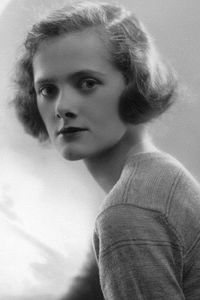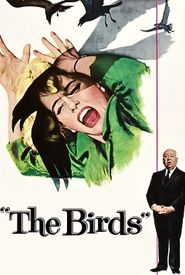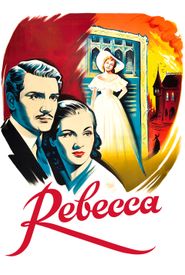Daphne Du Maurier, a celebrated English writer of the 20th century, enjoyed widespread popularity during an era when middle-brow genre fiction was esteemed in a more cultured and well-read society. In recognition of her significant contributions to literature, she was honored with the prestigious title of Dame Commander of the Order of the British Empire in 1969, equivalent to a knighthood, thereby achieving a remarkable trifecta, as her father and husband were both knights.
Born on May 13, 1907, in London, Daphne was the second daughter of renowned actor-manager Gerald du Maurier, who was knighted in 1922, and actress Muriel Beaumont. Her grandfather, George L. Du Maurier, was a celebrated Anglo-French writer, best known for creating the character of Svengali in his 1894 novel "Trilby." Additionally, her grandfather Gerald was the cousin of the Llewelyn Davies boys, who inspired J.M. Barrie's Peter Pan and his Neverland works.
Daphne's husband, Frederick A. M. Browning, was a notable figure in his own right, renowned as the "father of the British airborne forces" for his role in planning and executing Operation Market Garden, a pivotal airborne operation during World War II. Browning achieved the rank of Lieutenant General and was knighted during the war.
Daphne began her writing career with a short story published in 1928, followed by her first novel, "The Loving Spirit," in 1931. Her final novel, "Rule Britannia," was published 41 years later. In between, she achieved immense success with her novels, particularly "Rebecca" (1940),which was adapted into a classic film by Alfred Hitchcock, winning the Best Picture Oscar in 1940. Her other notable novels include "Jamaica Inn" (1939) and "Frenchman's Creek" (1944),both of which were adapted into films and set in Cornwall, where she resided.




























